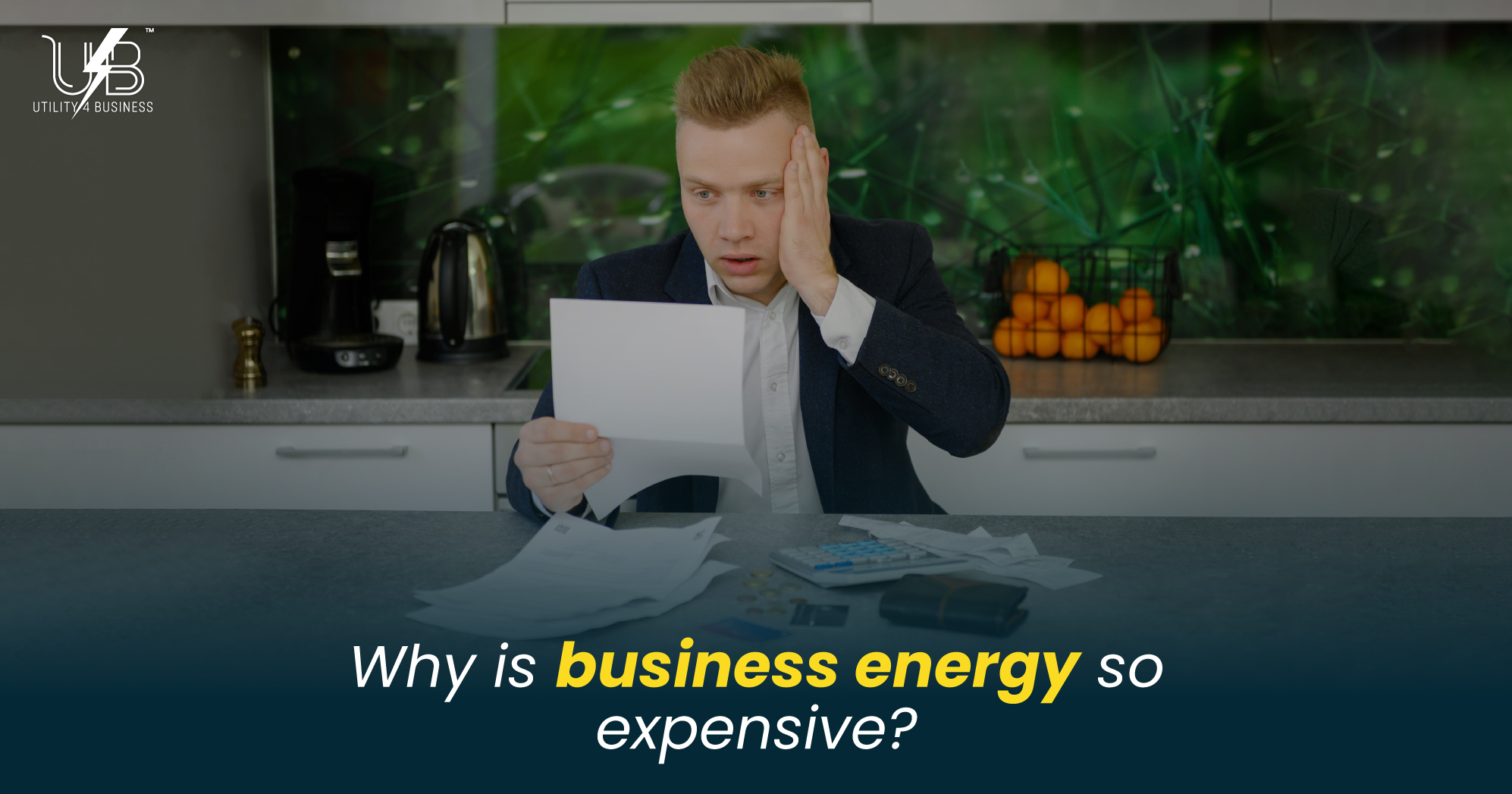Why is business energy so expensive?
Cut Business Energy Costs Now

Ever feel like your energy bill is doing laps around your revenue? You’re not alone. Back in early 2025, small UK businesses were getting tagged around 26p per kWh, while homes enjoyed a 24.9p cap. That tiny gap balloons once you add standing charges, full-rate VAT, levies and heavier usage.
Understanding why business energy costs keep climbing can help you take back control of your bills. Let’s break down the big reasons behind those hefty invoices, then look at how you can cut them back.
Market Dynamics and Energy Pricing
Global Energy Market Volatility
The UK imports most of its gas and oil. When global supply dips or demand soars, prices jump. Geopolitical events—like conflicts or shipping delays—can push wholesale costs up almost overnight. For example, in early 2025, wholesale gas prices spiked by 15% after disruptions in LNG shipments. Businesses saw those rises reflected directly on their invoices. If you ever run a quick business electricity comparison, you’ll spot these wholesale shifts at work.
Fixed vs. Floating Rate Contracts
You can choose a fixed-rate deal to lock in prices. That gives stability but often comes with a higher starting price. Floating contracts start cheaper but bounce with the market. When volatility hits, those bills can soar. Fixed rates suit firms that need budget certainty. Floating rates work for those willing to gamble on lower market prices.
Out-of-Contract and Rollover Rates
If you miss the renewal window, suppliers shift you onto “out-of-contract” or rollover tariffs. Those rates sit well above standard deals. They act as a safety net for suppliers, but a costly one for you. Many businesses end up here and pay as much as 20–30% more until they renegotiate or switch.
Infrastructure and Operational Costs
Maintenance of Energy Networks
Keeping the national grid running is expensive. Companies must fund the upkeep of cables, transformers, and substations. Businesses carry a bigger share of these costs through higher standing charges. That can add around £36–£73 a year, even before you switch on a single light.
Renewable Energy Subsidies
The UK pushes green power with subsidies and levies. While that boosts long-term sustainability, it adds near-term costs to every unit you use. About 20% of a typical business electricity bill covers environmental and policy costs. In time, you may save, but today you pay more.
Multi-Site Metering Challenges
Companies with multiple sites juggle separate meters and bills. Consolidating under one contract can cut costs, but it takes time and admin. In the meantime, you face extra charges and complex billing that smaller firms don’t see.
Taxes and Regulatory Charges
Higher VAT Rates for Businesses
Residential users pay just 5% VAT on energy. Businesses pay the full 20%. On a £2,000 bill, that’s £400 in VAT alone—versus £100 for a home.
Climate Change Levy (CCL)
The CCL adds a tax to encourage energy saving. It raises bills further, around 0.5p per kWh on electricity and 0.2p on gas. It’s small per unit but large in total.
Other Regulatory Fees
Distribution and transmission costs make up about 25% of a bill. Add metering, balancing, and administration fees—around 15%—and you see why policy and third-party charges dominate electricity costs.
Business-Specific Demand Factors
High Energy Consumption
Businesses use far more power than homes. Offices, shops, and factories run lights, computers, heating, and heavy machinery. For manufacturers, energy can be over 30% of operating costs.
Peak Demand Charges
Some tariffs hit you harder during peak hours. If your site runs at full tilt from 8 am to 6 pm, you face extra per-kWh charges. That punishes businesses with steady, high-demand operations.
Inefficient Equipment and Practices
Old boilers, lighting, and HVAC systems waste energy. Simple upgrades—LED lights, better insulation, smart meters—can cut bills by up to 15%. Yet many firms delay these investments, fearing upfront costs.
Policy Costs and Taxes Heavily Lean on Electricity
Levies for renewables, capacity markets and social obligations sit almost entirely on electricity, not gas. Plus, businesses pay 20 per cent VAT vs. 5 per cent for homes. That skew pushes electricity bills far higher.
Key Business Energy Costs Breakdown
Conclusion
Business energy costs rise because of global market swings, hefty infrastructure needs, taxes, and high demand. You have options, though. Compare suppliers, lock in the best contract, and invest in efficiency. Review your sites for waste and upgrade ageing gear. Don’t let rollover rates catch you off guard.
Ready to cut your bills? Head to Utility4Business in the UK for expert energy advice and fast quotes. They’ll help you compare deals and spot savings—so you can focus on growing your business, not worrying about the meter.
Find This Article Helpful? Share It Now!
At Utility4Business, we offer top-notch customer support and business utility solutions for businesses across the UK. Consider sharing this article and helping others discover how our expertise can add value to their business success.

Read Our Latest Posts
Explore our latest blog posts and learn how Utility4Business can support your business growth with tailored utility solutions and services. Stay ahead of the curve with the latest information from industry experts and take advantage of our user-friendly comparison services to find the best business deals.


Get Connected
At Utility4Business, our team of experts can help you figure out the highest-value business utility deals that will help your business grow over time.


